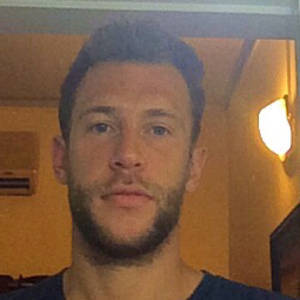Orgulho
Pride.
I took a lovely long relaxed walk to a beach south of Porto on which is a chapel voted one of the prettiest in the world. The abandoned church pictured is a different one I stumbled across during the walk. The coastline here is interesting because it is sandy but with diverse dunes and rocks, and with a long boardwalk that separates walkers from the road. After paying suitable homage at the church I found a train station to get back to Porto. I may have successfully navigated the wilds of South Sudan but the Porto suburban rail network would have been a challenge too great without the kindness of a Portuguese couple. They were bemoaning the system’s complexity after having recently returned from living in uber-efficient Cologne. They were interesting to spend the journey with and I came to the realisation that it’s no longer the weather that binds strangers in conversation: it’s Brexit and Trump.
My visit to Porto has coincided with the city’s Pride event. After my first high octane Pride last year in Ely, I decided I must have a dabble here. The buzz of the city was high and gin and tonics were being guzzled very readily. I saw on Instagram someone had written that ‘being gay is fun.’ It’s true. Whilst the status quo in society works against the mainstreaming of gay people in our very heteronormative world, it’s liberating living outside society’s current set of ‘norms’, and empowering to be in a position to normalise what is currently seen as different. It does happen but it’s much less rare that I have to answer inane questions about settling down, getting married or having kids, and not feeling compelled or conditioned to go through these life stages is a relief.
That’s the fun part. There is still dire homophobia and inequality in most of the world. In Mozambique gay men are extremely skittish and nervous about revealing their sexuality, fearing family reactions and religious judgement or a complicated mesh of the two. Most will never state their sexuality openly other than to someone else on an app, whilst using a fake photo out of nervousness. I’m fortunate to be British with all the cultural and social privileges that has brought, and I can’t imagine the sadness and frustration that a gay Mozambican man may carry through his life, with fewer outlets to just be himself and act on his natural desires. Can anyone who regards homosexuality as a form of choice please just reflect on that situation for a while.
While I was on my first set of gins in a seating area next to a busy walkway, a group of four excitable young men in rainbow colours walked past, after the parade had ended. This led to a wave of judgmental chuntering by the table of holidaymakers next to me. It wasn’t chuntering that was expressing support and love, which would be welcomed. Among all the reasons why the gay rights movement must continue to exist is so that a group of gay men can walk past a table of French tourists and not be whispered about conspiratorially.
There’s a distinction between wanting to understand and discuss difference open-mindedly, versus highlighting difference so that someone feels singled out. It can be a very difficult to get the tone right, and fear of being criticised for using the wrong language stops some people from exploring new ideas, and this shuts down potentially helpful dialogues. The sensitivity of language, and kindness around it, is something we all need to be aware of.

Comments
Sign in or get an account to comment.


